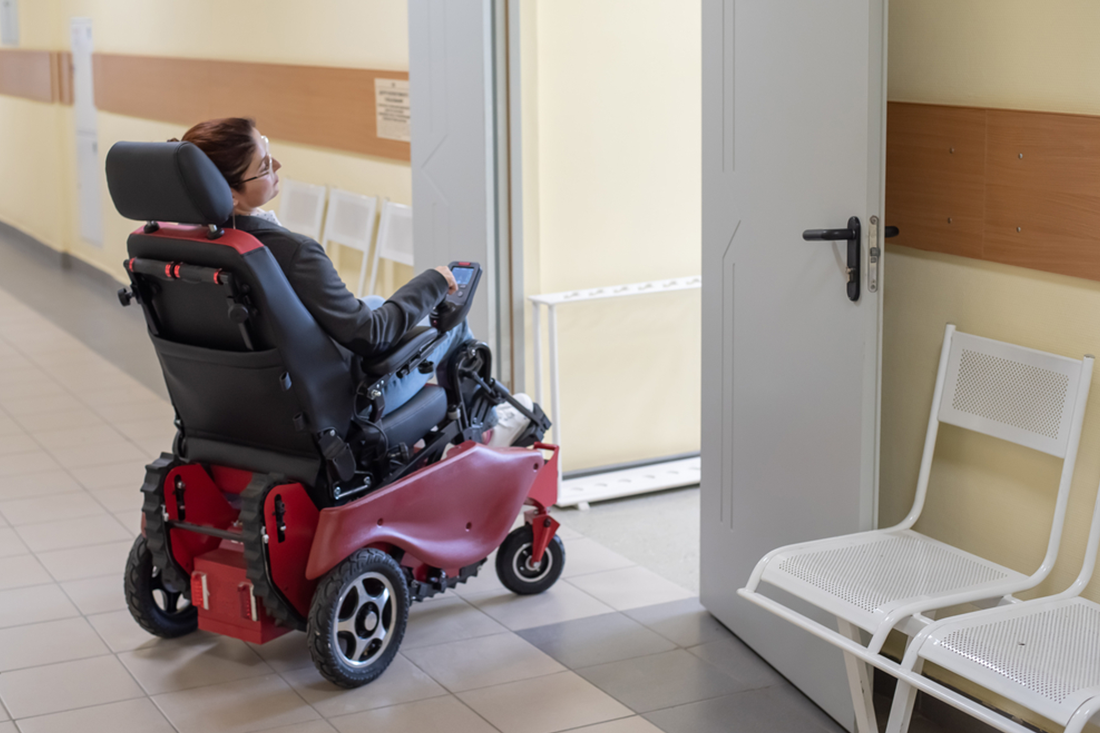Multiple sclerosis (MS) is a progressive neurological condition that can significantly affect mobility. As the disease progresses, some individuals may find that walking and maintaining balance become increasingly difficult. This leads to considerations about when to use mobility aids, including multiple sclerosis wheelchairs.
Understanding the Progression of MS
MS affects the central nervous system, and that impacts how information flow within the brain and between the brain and body. The severity and progression of symptoms can vary greatly from one person to another, which means the point at which a wheelchair becomes necessary also varies. Typically, a wheelchair might be considered when other mobility aids are no longer sufficient.
Signs That a Wheelchair May Be Needed
One clear sign that it may be time to consider a wheelchair is frequent falls, which are common as MS progresses. When balance and leg strength deteriorate to the point where falls occur regularly, a wheelchair can provide necessary safety and stability. Additionally, if fatigue becomes overwhelming and limits daily activities, a wheelchair can help conserve energy and maintain independence.
The Role of Healthcare Providers
It is crucial to involve healthcare providers in decisions about mobility aids. Neurologists and physical therapists can offer guidance based on the specific progression and symptoms of an individual's MS. They can help determine the most appropriate time to begin using a wheelchair and what type might best meet individual needs.
Mobility Aids Before Wheelchairs
Before transitioning to a wheelchair, many people with MS use other mobility aids such as canes, walkers, or scooters. These aids can be effective during earlier stages of MS or for those with milder symptoms. The transition to a wheelchair often comes when these aids no longer provide enough support or when mobility demands exceed their capabilities.
Wheelchair Options for MS Patients
When choosing a wheelchair, it is important to consider both manual and electric models. For those who have limited upper body strength or severe fatigue, an electric wheelchair might be the better choice. The 3-in-1 electric foldable wheelchair is an example of a versatile electric wheelchair that can adapt to various needs and environments.
Embracing Independence with Mobility Aids
Using a wheelchair should not be seen as a loss of independence. On the contrary, it can enhance autonomy by allowing individuals to engage in more activities without excessive strain or risk of injury. Wheelchairs can be a key tool in managing the symptoms of MS and maintaining a higher quality of life.
Making the Transition Smoothly
Adapting to a wheelchair involves both physical and emotional adjustments. It is beneficial to have support from family, friends, and professionals who can provide practical advice and emotional encouragement during this transition. Engaging with community resources and support groups can also be incredibly helpful in making the adjustment more comfortable and empowering.
Reyhee's Commitment to Mobility Solutions
At Reyhee, we understand the challenges faced by those living with mobility impairments like multiple sclerosis. Our electric powered wheelchair is designed with your needs in mind, offering independence through innovative features such as easy foldability for transportation and storage, and durable construction for daily use. Explore how our solutions, like our electric powered wheelchair , can enhance your mobility and independence.

